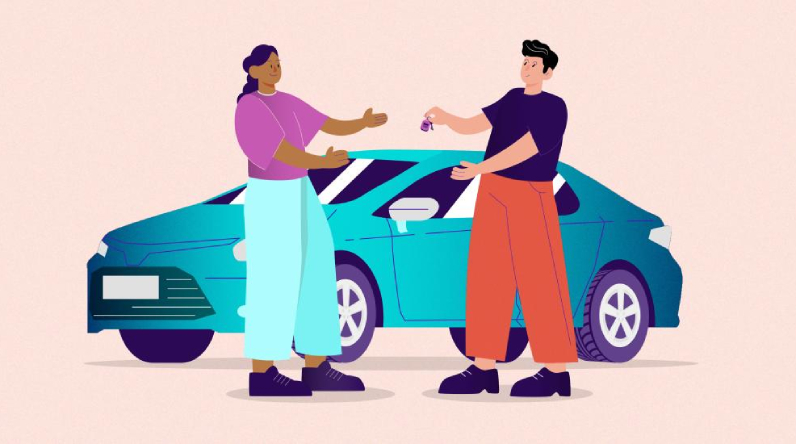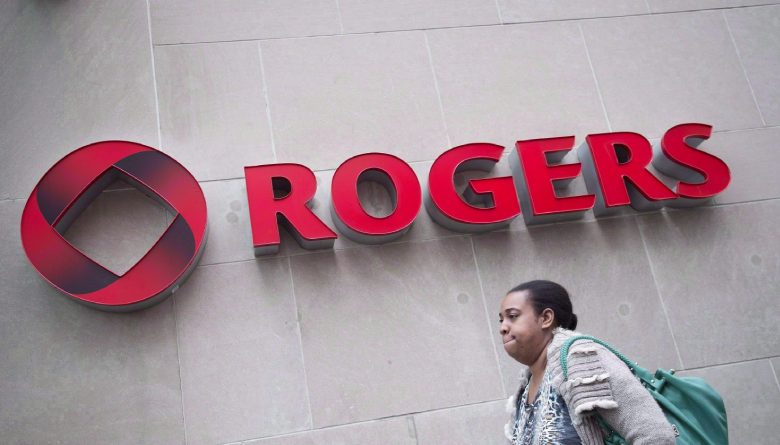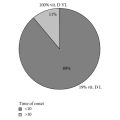Inflation in Canada is at a record high, which has a knock-on effect of raising both the cost of living and the interest rate required to borrow money.
Over half of Canadians (56%) are reducing their discretionary spending, and some are considering couponing or switching from brand-name products in an effort to lessen the impact of rising costs. People are prioritising meeting their basic needs (at 81%) and then treating themselves to some of the things they want.
So, as a refugee or immigrant to Canada, how do you go about saving money?
It could be that you want to put money aside so that you can enrol in a digital course to advance your career, or that you need to put money aside so that you can buy a bigger car for your expanding family.
There is a way to realise your Canadian dreams, whatever they may be.
Charity organisation Windmill Microlending in Canada lends money to newcomers so they can afford things like school, certification, and professional development, as well as cover basic living expenses.
Microloan applicants who meet the following criteria will be given priority when applying for a Windmill loan:
- a foreigner and a citizen of the United States
Convention Refugié, Provincially Nominated Canadian, Open Work Permit Temporary Foreign Worker
Unfortunately, you do not meet the loan eligibility requirements if you are a foreign student, a live-in carer, or a refugee claimant.
As a career success coach at Windmill, immigrant Joyce Wan works daily with clients from the immigrant and refugee communities who are looking to advance professionally and expand their horizons. Financially supporting one’s academic pursuits is not a luxury for these people; it is a necessity.

When it comes to making ends meet in Canada, “for Windmill Microlending clients, setting a goal of completing their professional designation or certification can mean the difference between working in a low-skill job and getting to a high-income career that transforms their lives,” says Wan.
Wan suggests the following strategies for economising so that newcomers to Canada can move closer to realising their dreams.
The number one piece of advice I can give a newcomer about saving money is to prioritise their savings goals.
Consider what you’d like to accomplish with your savings, such as purchasing a home, a car, or taking a course to advance your career. If you want to know how long it will take you to reach your financial goals, it’s a good idea to use a goal calculator. In addition, record your monthly balance(s) and contributions to keep tabs on your savings and see how much you’ve saved over time (s). Find out if there are any fees associated with withdrawing money from a specific account and how quickly you can access the money.
The second piece of advice for newcomers looking to save money is to make a plan to increase their income and their savings.
Do you wish you could save more quickly toward your financial objectives? One way to quicken the process is by boosting your income. After repaying their microloan and completing their education or training, Wan claims Windmill Microlending clients see a more than threefold (3.5x) increase in their income. These individuals are better prepared to find higher-paying jobs that set them up for long-term success in Canada’s job market. Wan adds that newcomers can borrow up to $15,000 with Windmill’s fixed interest rate offering and have some cost certainty when it comes to repaying the loan.
She also cautions newcomers to carefully manage debt and to be aware that doing so can affect future borrowing. It’s important to note that many of Windmill’s customers come to us with little to no Canadian credit history but are still able to qualify for a manageable loan through our company.










Leave a Reply